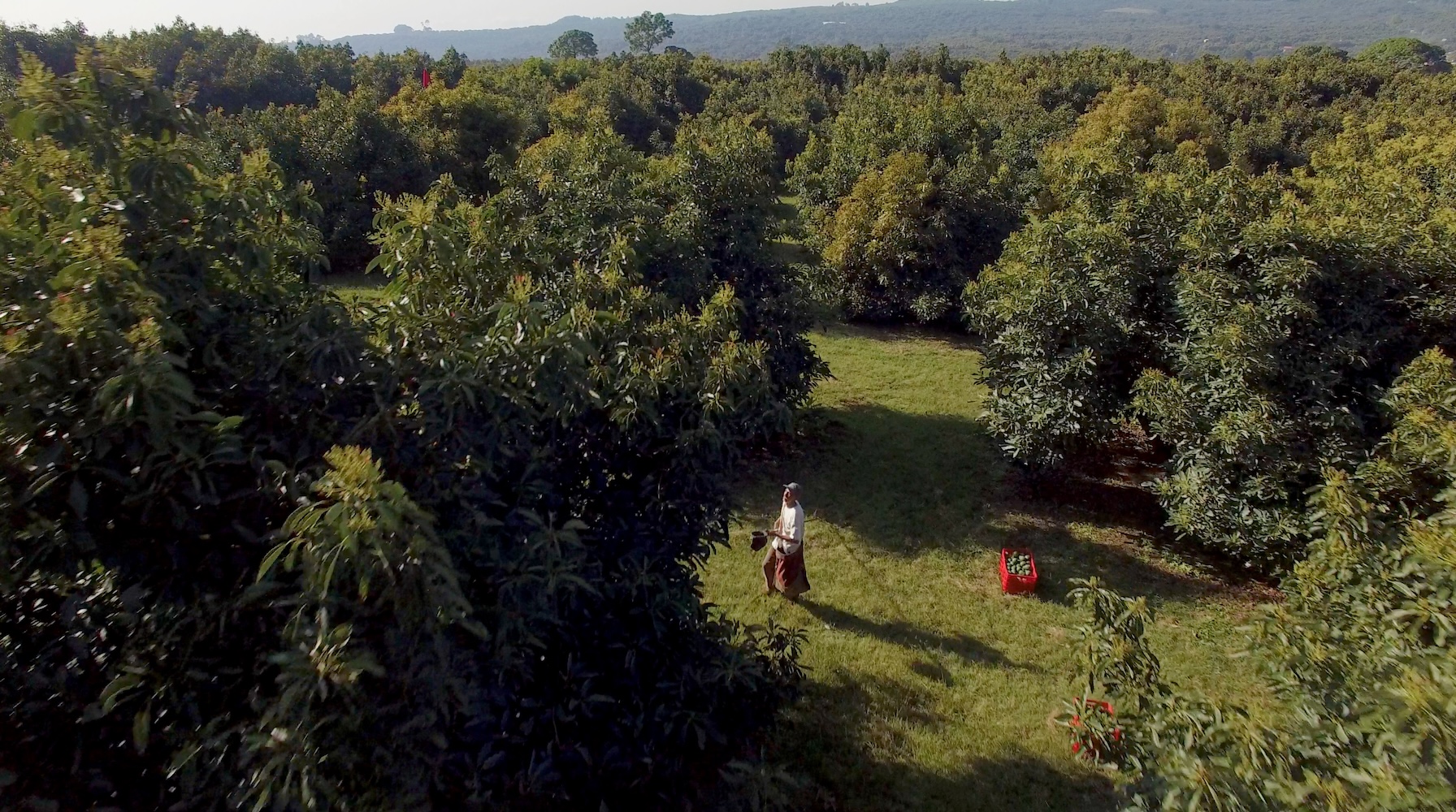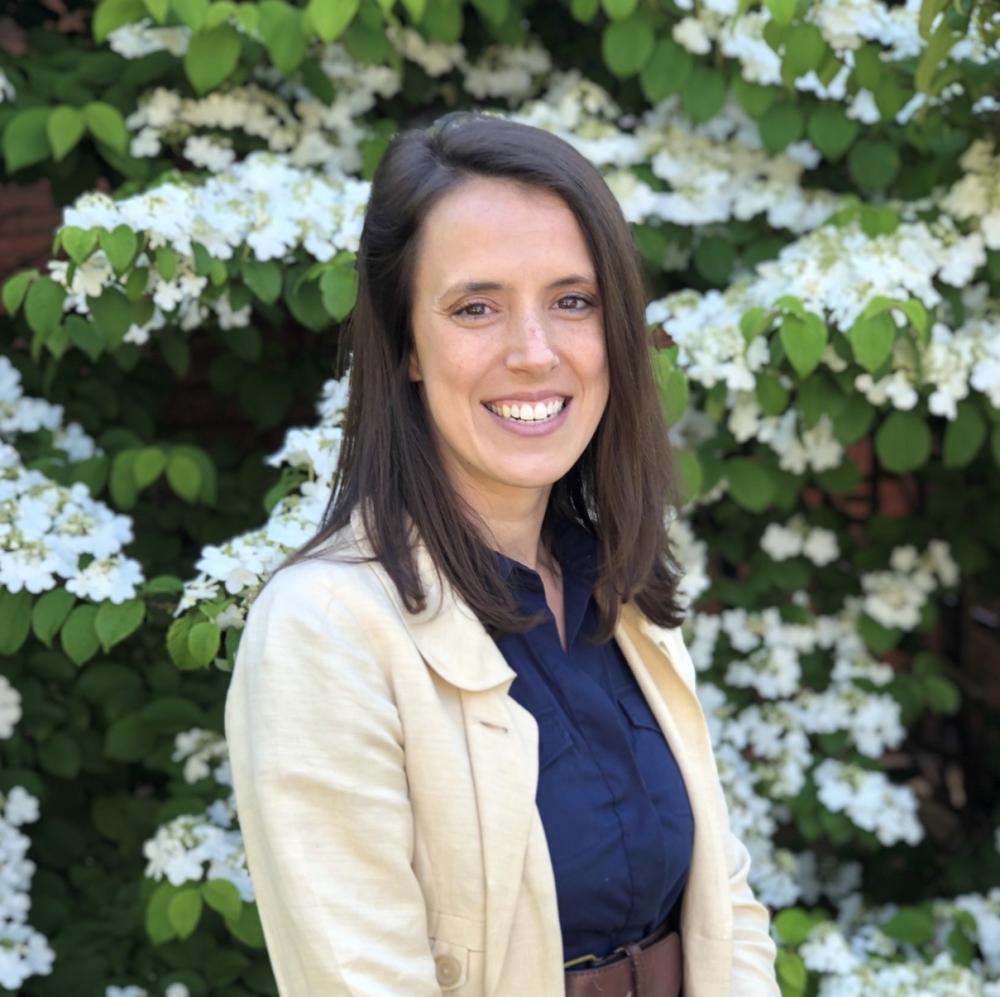
Avocado pickers harvesting Hass avocados in Michoacán, Mexico.
The global demand for avocados has surged in recent years, transforming this once-regional fruit into an international sensation. While the booming market brings economic opportunities, it also poses obstacles for farmers and communities striving to grow the market in a sustainable and equitable way.
Amidst these challenges, Fair Trade certification is a beneficial program with a mission to foster sustainable development, economic stability and social equity. For Carlos Genel, an economist and second-generation avocado grower in Michoacán, Mexico, becoming a Fair Trade organization was a win for his community.
How Fair Trade works
Fair Trade ensures farmers receive a guaranteed minimum price for their avocados, acting as a safety net against market fluctuations. This stability allows farmers to plan for the future, invest in their farms and provide for their families. Additionally, Fair Trade premiums — extra funds paid on top of the selling price — must be invested back into the community, financing projects like education, healthcare and infrastructure improvements.
“The extra money goes to our workers to improve their lives, and the workers manage and administer the money from the premium,” Genel said. “The program educates them because they learn how a company is managed and how to manage money.”
Even before joining the Fair Trade network, Genel was passionate about sustainable rural economic development. “Joining Fair Trade just formalized the way we liked to work,” he told TriplePundit. “We are part of a huge network of people who value the things that we value, like respecting people and the environment, caring for each member of our team, and thinking about the long term in everything we do.”
Fair Trade certification empowers farmers and workers by promoting democratic decision-making processes. Cooperatives and associations formed under Fair Trade principles give farmers a collective voice, allowing them to negotiate better terms, share knowledge and support each other.
Genel employs between 60 and 70 farmworkers, who used their Fair Trade premiums to launch programs that improve access to food, healthcare and education in their communities. For example, they developed a school for their families and neighbors, with classes for elementary and middle school children, as well as adults. The farm also invests in a local university, Universidad Latina de América, which provides high school, undergraduate, postgraduate and professional certification educational pathways.
“I am the third generation in my family to invest in this university,” Genel reflected. “I feel very proud of that. It is ranked in the top 50 universities in Mexico.”
The workers on Genel’s farm also invested in programs to improve community health and nutrition. Their Fair Trade premiums provide a large basket of groceries to every employee’s family each month, and workers regularly organize health-promoting campaigns such as local testing and educational workshops.
“Recently, the workers paid for an eye doctor to test all of their children’s vision,” Genel explained. “They collaborate with other organizations for other health initiatives, too.”

Social gains grow market opportunities
Fair Trade certification offers transparency and traceability to conscious consumers, assuring them that their purchases support ethical practices. For farmers, it opens access to markets that prioritize ethical sourcing and are willing to pay a premium for it.
Implementing sustainable and socially responsible farming practices has long-term benefits, including the creation of a more resilient agricultural system. However, sustainability and social responsibility are also growing market opportunities for Genel in the short term.
“The certifications I hold, including Fair Trade, have an economic benefit,” he said. “I can export directly to the U.S. without going through an intermediary, which saves money. I am starting to develop partnerships with American companies like Costco and Whole Foods.”
Genel sees other producers in Mexico beginning to realize the economic benefits of participating in programs like Fair Trade.
“There is a generational change happening now. New generations are coming into the family business, and they have a different mindset and perspective,” he observed. "They see the benefits of Fair Trade and other agricultural certifications. Many of these farmers are environmentally friendly and have a great social impact, but they don’t know that there are certifications they can leverage. It is important to educate other farmers and workers about the existence and benefits of these programs.”
Sowing seeds for the future
Genel is working hard to expand his outreach efforts. “We have a social responsibility program at the company as well as many sustainability initiatives and practices that we have put into place,” he said. “We have been working with growers in Chihuahua on developing better irrigation methods for very dry land. In Michoacán, we have implemented these methods, too, not because the land is dry but because it saves water and allows for more efficient water management.”
Even while expanding his educational efforts to other growing communities, Genel remains focused on preserving the ecosystem where his farm and family thrive. “We have a big forest on our land, full of flora and fauna. There are local, native species of animals and plants,” he told us.
He knows the success of his farm is largely tied to the ecosystem services and positive environmental impacts that forests provide. “We have developed an initiative to help maintain the health of the forests,” he explained. “It is part of our business strategy to take good care of our ecosystems and communities.”
This article series is sponsored by the Avocado Institute of Mexico and produced by the TriplePundit editorial team.
Images courtesy of the Avocado Institute of Mexico

Mary Riddle is the director of sustainability consulting services for Obata. As a former farmer and farm educator, she is passionate about regenerative agriculture and sustainable food systems. She is currently based in Florence, Italy.














